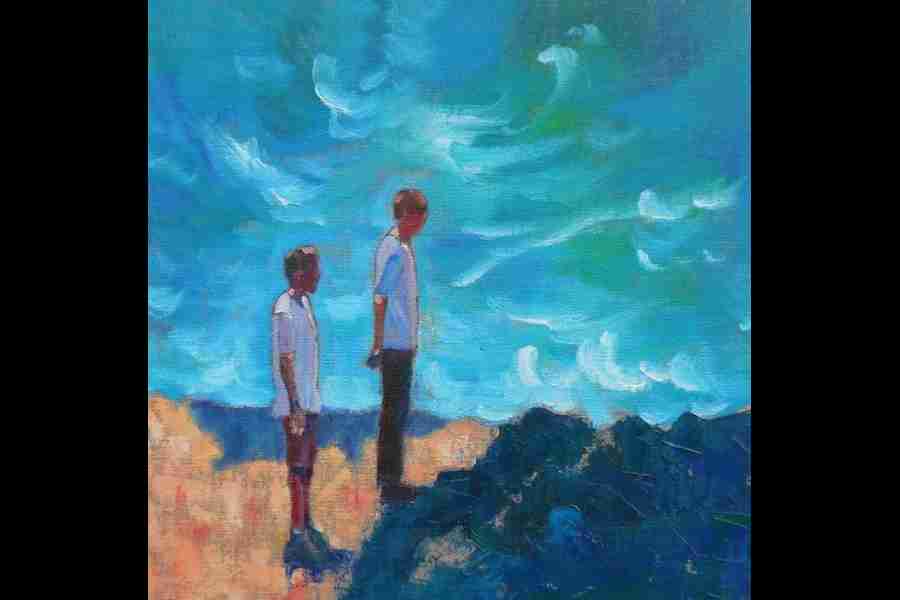In Quarterlife, Devika Rege blends together issues of identity, politics, culture, and history in a familial setting of the Agashe family. In choosing a family unit to discuss these issues, she deftly incorporates the uncomfortable questions that pervade the modern Indian psyche.
Naren Agashe and Rohit Agashe are the two brothers who form the epicentre of the novel. Naren comes back to India from the United States of America with a presupposed coterie of ideals about India and against the background of an impending victory of a fundamentalist political party in the general elections. Rohit, however, is more concerned with finding his ancestral roots and forming a connection between the past and the present.
Between the different social spectrums of Naren and Rohit, lies Amanda, who comes with Naren to India to enrol in a fellowship programme. The social circles of their friends and cousins — Kedar, Gyaan, Ifra, Cyrus and Omkar — have distinct political opinions regarding fundamentalism and a revisionist history of India.
Rege tries to convey that such political opinions are always lingering around the corner of conversations and they can make or break a relationship between two people. These lingering conversations take place usually in a familial setting, which highlights that the personal is political. In the novel, we realise that the connection between identity and politics for Naren and Rohit is much stronger than it appears to be.
When Naren returns to India, the Agashe family has risen from leading a middle-class life to one of high aspirations. The family resides at “Imperial Heights”, a name that is suggestive of the showy affluence that the Agashe family wants to radiate. Psychologically, Naren is always divided between his childhood memories in Mumbai — a world of nostalgia — and his present, which is radically different from the past. Naren carries within himself an unease that is characteristic of a global citizen and questions of identity and belonging hover over his consciousness when he comes back to India. The saga of the Agashe family runs parallel to the rivalry between the Conclave Party and the Bharat Party, and this politics seeps down
into the personal lives of people more than it had in the past.
In the second section of the novel, which is called “Transformation”, we see the characters questioning their identity and moving towards a new quest for their roots. Rohit goes to the ancestral village of Velneshwar to find a semblance of history as he imagines in his mind. However, it only furthers his quest because the task of identifying what it means to be a man of the Konkan coast still remains fruitless. One common thread that runs between the two brothers, Rohit and Naren, is their relationship with their roots and identity. Both of them have taken decisions in their lives according to their supposed ancestral identity. In trying to return to terms with their past and wonder at its glory, they gradually lose the essence of the gifts that their present has to offer. Their relationships with their lives and the Konkan coast dominate their psyche. Rohit understands that uniting the Agashe family is the most feasible option to preserve his roots. It is in the unit of a family and the way of living that he ultimately finds his culture.
Naren, complying with his culture, gets married to Manasi, who is akin to a symbolic exchange among a similar caste, religion, and identity. As opposed to Amanda, who is always trying to find her place among Indians, Manasi offers a whole different world to Naren and his family. Naren and Manasi lie on the same shade of the identity spectrum but Rege offers us characters from every other shade. She also makes it a point to identify the different spectrums of political opinion that form concrete identities in modern-day India. Rohit, Naren, Amanda, Ifra, Cyrus, Gyaan, Omkar are all under the same umbrella but have different stands. Rege is not trying to make a sweeping political statement but is reflecting on a mirror image of contemporary Indian society and its micro units. The readers can identify themselves in this range of characters and reflect on their concrete positions. The novel is as much a deep dive into the lives of these characters as an invitation to readers to ponder.











